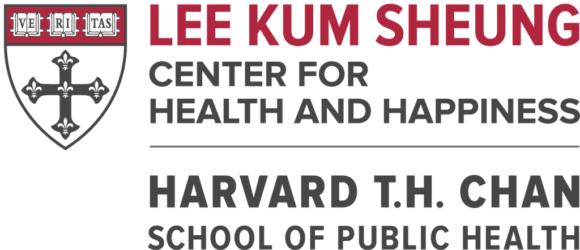Citation: Watson, D., Clark, L. A., & Tellegen, A. (1988). Development and validation of brief measures of positive and negative affect: the PANAS scales. Journal of personality and social psychology, 54(6), 1063.
PMID or DOI: DOI: 10.1037/0022-3514.54.6.1063
Main positive psychological well-being construct measured: Positive affect
Sub-constructs measured: N/A
Available subscales: Positive and negative affect
Description: The Positive and Negative Affect Schedule (PANAS) is a self-report measure that is made up of two mood scales, one measuring positive affect and the other measuring negative affect.
Number of items: 10-items measuring positive affect, 10-items measuring negative affect
Example of statement/item measuring positive affect: “Indicate to what extent you feel enthusiastic at the present moment or within the past week”
Example of statement/item measuring negative affect: “Indicate to what extent you feel distressed at the present moment or within the past week”
Response options: 5-point Likert Scale ranging from 1 “very slightly or not at all” to 5 “extremely”.
Total score: Positive affect score: items are summed, yielding a range from 10 to 50. Higher score indicates greater levels of positive affect.
Other forms available (and related citation):
A) Positive and Negative Affect Schedule – Expanded Form (PANAS-X) (Watson, D., & Clark, L. A. (1994). The PANAS-X: Manual for the positive and negative affect schedule-expanded form.)
Examples of studies:
1. Mroczek, D.K., et al., Emotional reactivity and mortality: Longitudinal findings from the VA Normative Aging Study. J Gerontol B Psychol Sci Soc Sci, 2013. 70(3): p. 398-406.
2. Simons, J.S., T.A. Wills, and D.J. Neal, The many faces of affect: A multilevel model of drinking frequency/quantity and alcohol dependence symptoms among young adults. J Abnorm Psychol, 2014. 123(3): Boylan, J.M. & Ryff, C.D., Psychological well-being and metabolic syndrome: Findings from the midlife in the United States national sample. Psychosom Med, 2015. 77(5): p. 548-58.
3. Stellar, J.E., et al., Positive affect and markers of inflammation: Discrete positive emotions predict lower levels of inflammatory cytokines. Emotion, 2015. 15(2): p. 129-33.
